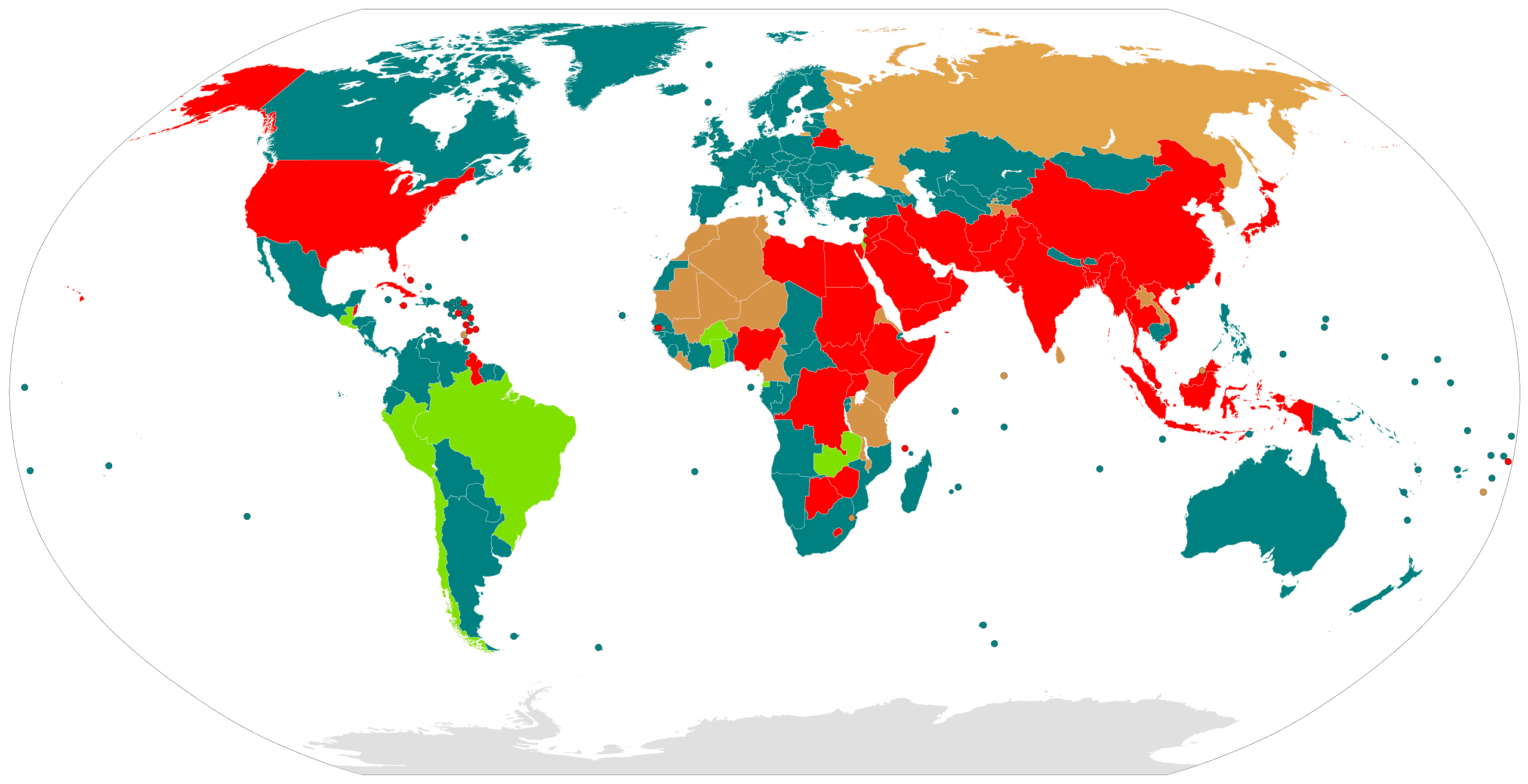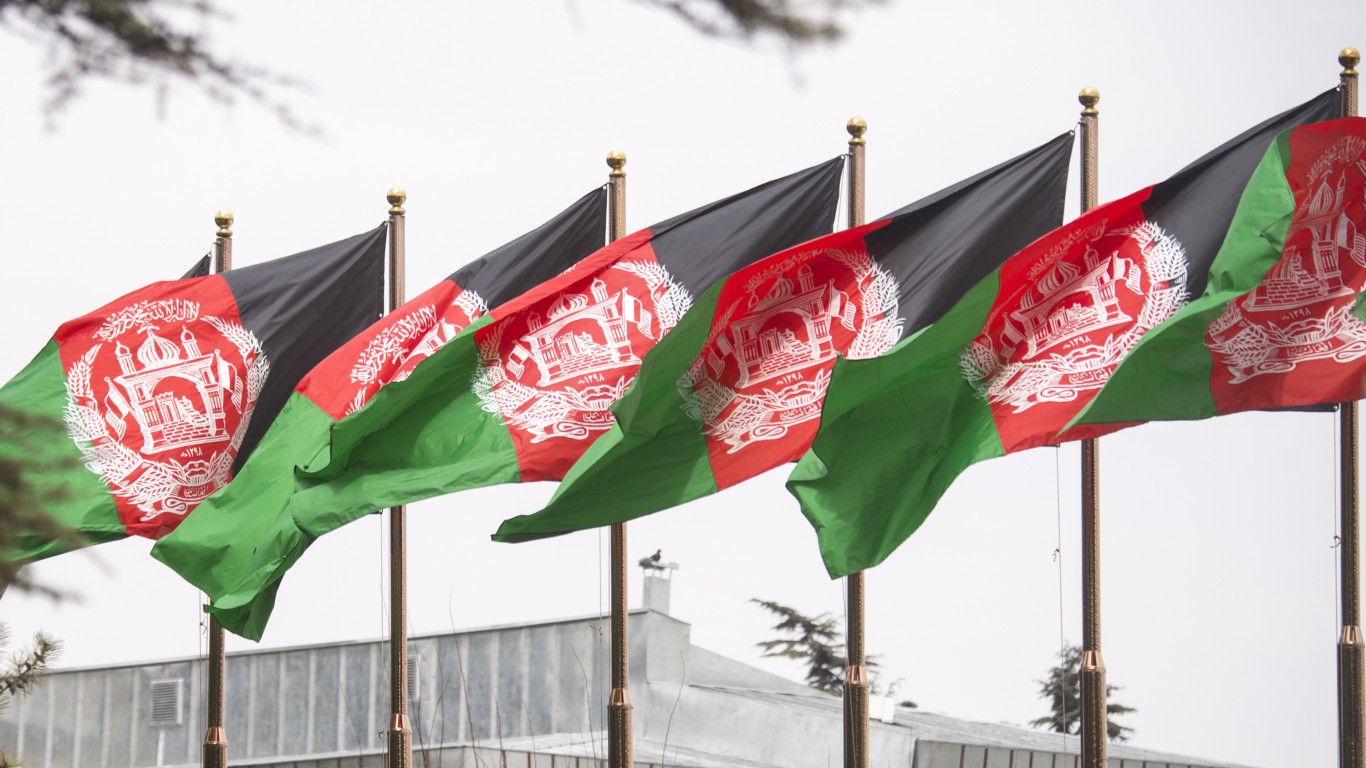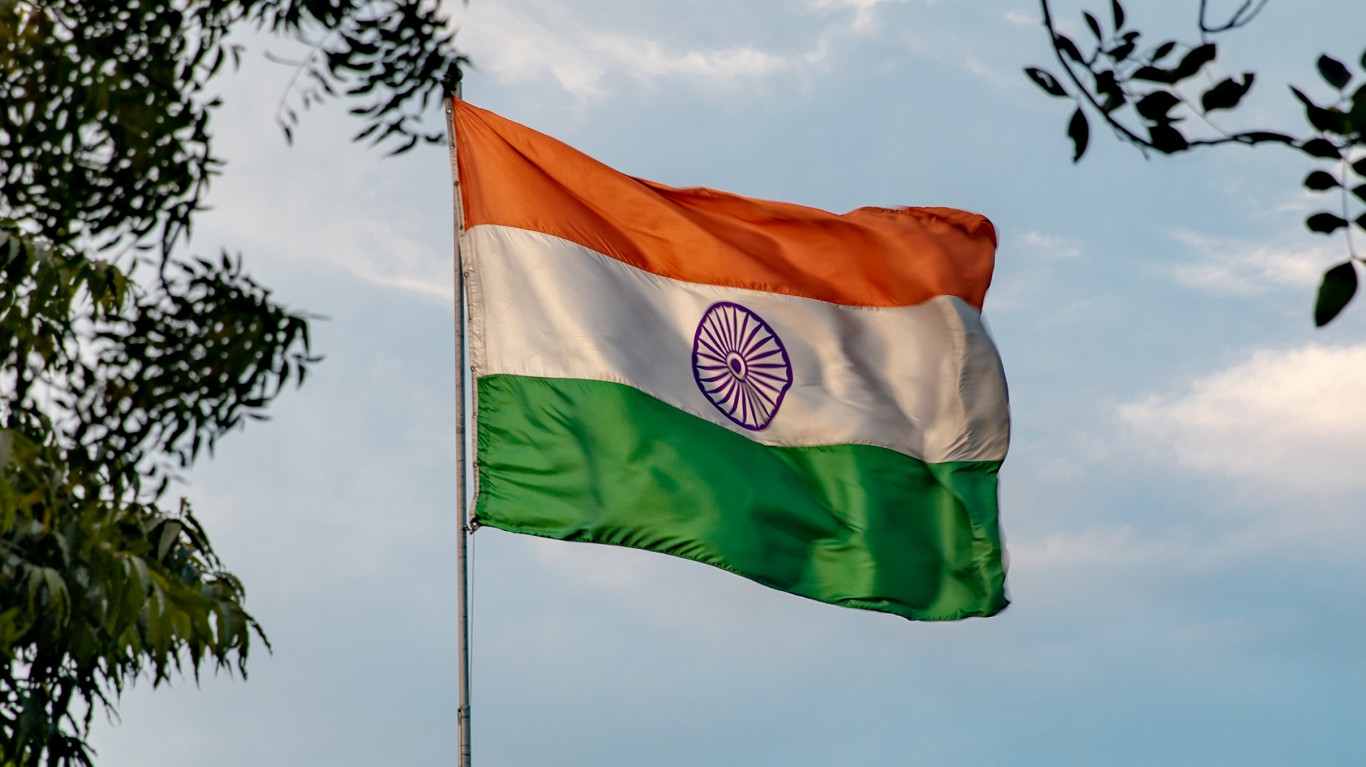
Capital punishment is once again atop the news. On January 25, Kenneth Eugene Smith, 58, was executed in Alabama by nitrogen hypoxia. Smith was convicted for a 1988 murder-for-hire. His death marked the first time a convicted person was executed by inhaling pure nitrogen gas. The execution created a furor among death penalty opponents, with many claiming that the execution method had not been thoroughly researched. Alabama released an official protocol for this new execution method, but the document that was released to the public was heavily redacted.
Appealed to the U.S. Supreme Court

The state had attempted to execute Smith by lethal injection in 2022. The execution was halted when authorities could not connect an IV line. Smith’s attorneys attempted to block his execution by nitrogen inhalation. The appeal reached the U.S. Supreme Court, but the Court refused to intervene. Three justices dissented, including Justice Sonia Sotomayor. In her dissent, Sotomayer wrote, “Having failed to kill Smith on its first attempt, Alabama has selected him as its ‘guinea pig’ to test a method of execution never attempted before. The world is watching.”
During Smith’s execution, the nitrogen gas flowed through a face mask for 15 minutes while he was strapped to the same gurney where his previous execution attempt took place. He reportedly convulsed, pulling against the straps as he breathed in the gas. Officials noted that the convulsions were involuntary movements and were expected. Opponents countered that the Alabama attorney general stated in court filings that Smith would lose consciousness in seconds and would die peacefully within minutes.
Justice Sotomayor was certainly correct when she noted that the world would be watching the events in Alabama. This saga has further inflamed the already-fierce debate over capital punishment, not just in the U.S. but all over the globe. The debate, of course, is centered on the morality of the death penalty itself. However, in nations where the death penalty is legal, there is a strong debate over which execution methods ought to be legal and which should be banned due to their barbarism and archaic nature.
Barbaric Executions of the Past

The brutality of some historical execution methods causes virtually every modern person to recoil in disgust. Some of these methods included flaying (removing a person’s skin), impalement on a pole, starvation, and slow slicing (removing a person’s body parts slowly over time; this was sometimes known as “death by a thousand cuts). These methods were often instituted to torture the condemned person to the fullest possible extent before they finally died.
Some of the most famous horrific executions include Anne Boleyn (beheaded), Socrates (poisoned), Joan of Arc (burned), Marie Antoinette (beheaded), Mary, Queen of Scots (beheaded), and Jesus of Nazareth (crucified). Shockingly, some nations still use some of these barbarous execution methods today.
Archaic Executions Still in Use Today
We compiled a list of nations that employ execution methods that many see as archaic and inhumane. Execution by lethal injection and hanging were not included in the list. These methods of execution are typically quick and inflict minimal suffering on the condemned person. However, as noted earlier, there is vehement disagreement on the issue. Many view capital punishment itself as inhumane, regardless of the method. This list is not a commentary for or against the death penalty. Rather, it documents nations where the most controversial execution methods are legal.
24/7 Wall St. compiled this list using information from The Cornell Center on the Death Penalty Worldwide at Cornell Law School. According to this organization, there are 36 retentionist nations in the world today. Retentionist nations are defined as countries that have carried out at least one execution in the past ten years. Among those retentionist nations, 27 employ executions methods other than lethal injection or hanging. (For our purposes, Palestine is counted among these nations even though it is not a sovereign state.)
1. Afghanistan
- Execution Method: Shooting
- Number of Executions in 2022: 2 (at least)
Along with hanging, shooting is also a legal execution method in Afghanistan. Since the Taliban has taken control, stonings have also occurred. This is technically illegal since it is in contradiction with the human rights protections recognized by Afghanistan’s Constitution.
2. Bahrain

- Execution Method: Shooting
- Number of Executions in 2022: Unknown
Death by firing squad is the only legal means of execution according to Bahrain’s Penal Code.
3. Bangladesh

- Execution Method: Shooting
- Number of Executions in 2022: 4
The firing squad is a legal but rare form of execution in Bangladesh. Hanging accounts for virtually all executions in the country.
4. Belarus
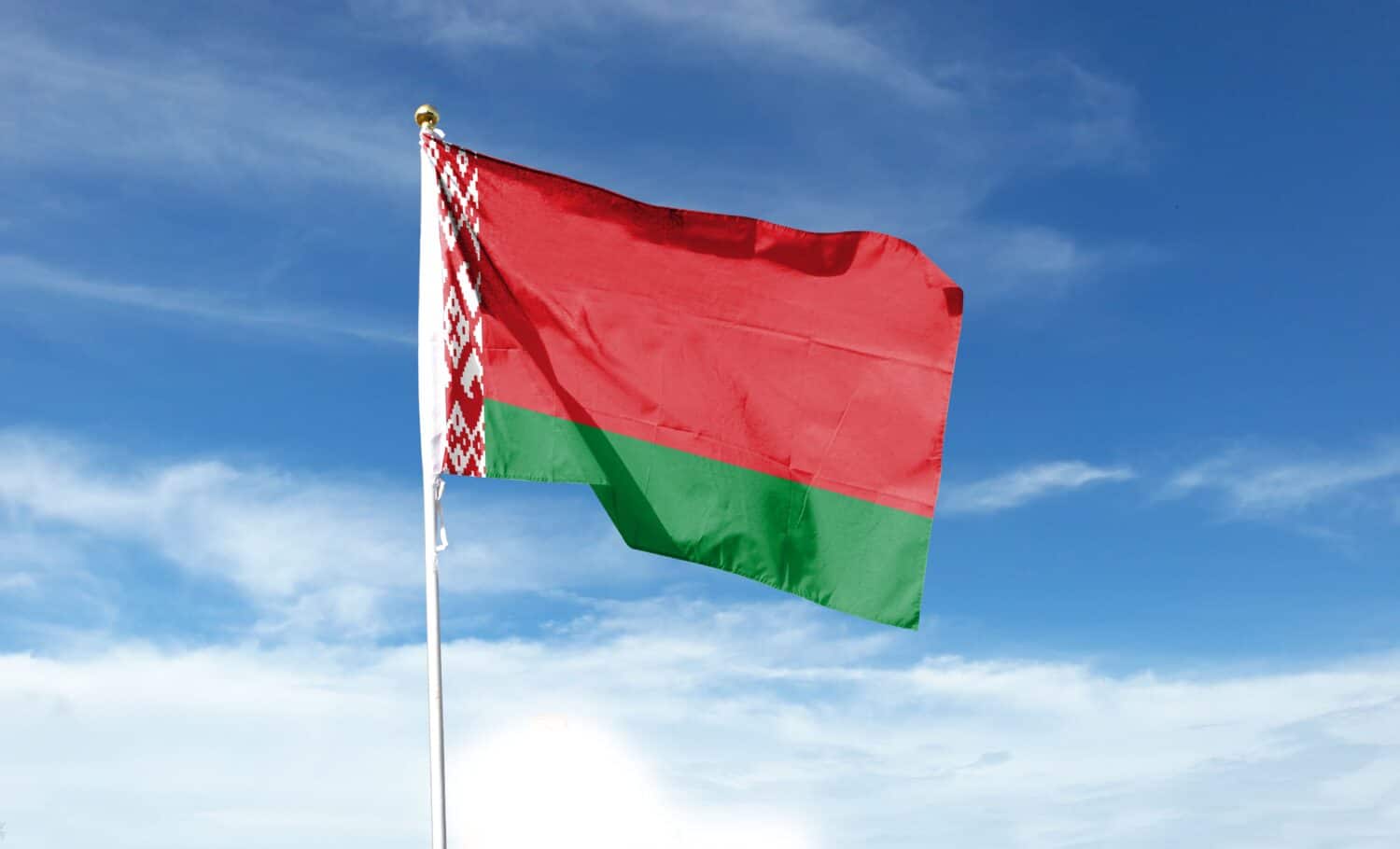
- Execution Method: Shooting
- Number of Executions in 2022: 1 (at least)
By law, all executions in Belarus are performed by a firing squad. Execution data is heavily guarded by the state, so it is impossible to know how many executions are carried out in a given year.
5. China

- Execution Method: Shooting
- Number of Executions in 2022: 1,000+
China also employs lethal injection as a capital punishment. This nation executes more convicted persons each year than the rest of the world’s nations combined. Data such as numbers and methods are held secret by the state, so it is impossible to gather precise information.
6. Gambia
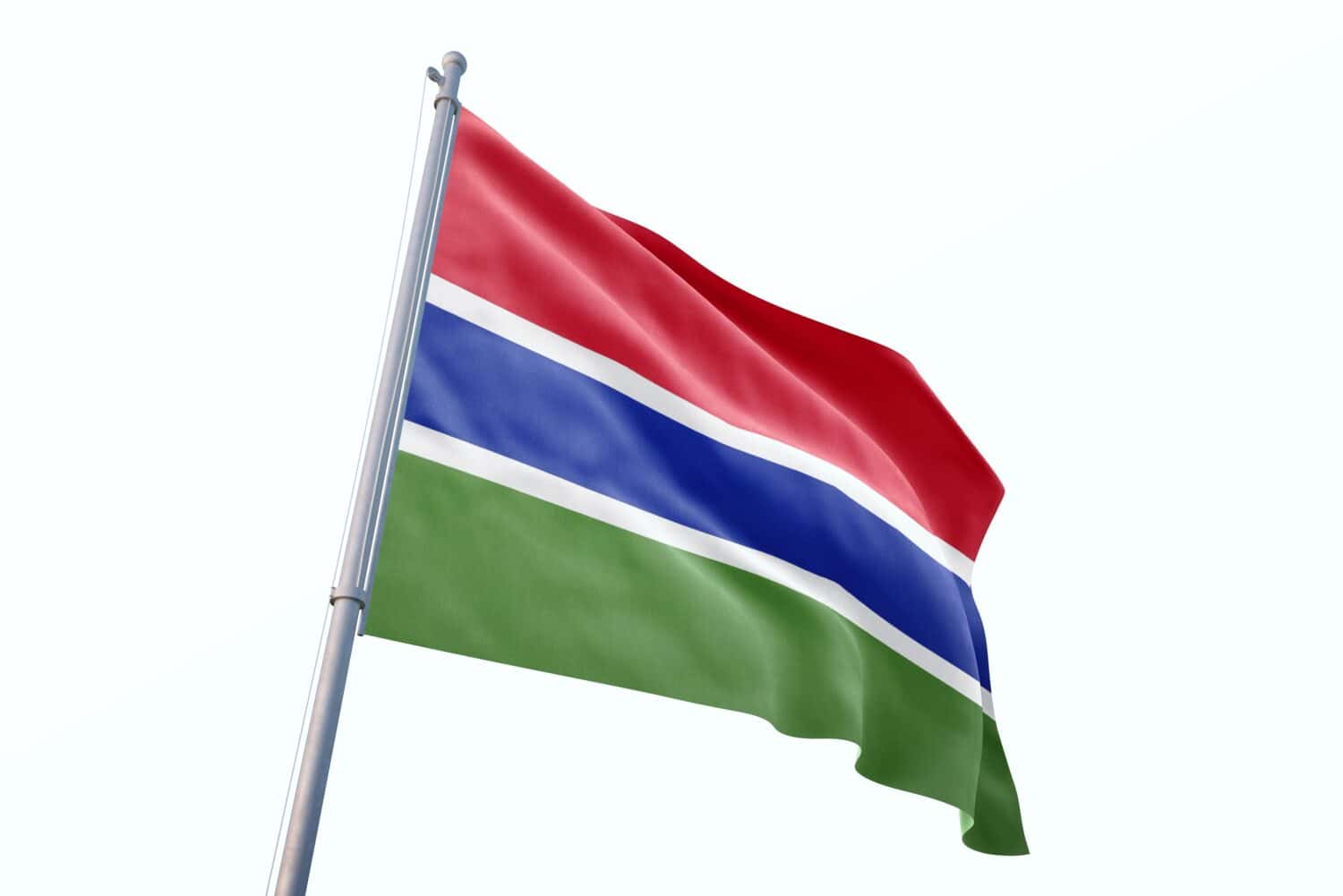
- Execution Method: Shooting
- Number of Executions in 2022: 0
Gambia has declared a moratorium on capital punishment and will likely be removed from the list of retentionist nations in the future.
7. India
- Execution Method: Shooting
- Number of Executions in 2022: 0
Death by hanging is the only legal execution method for civilians. The firing squad is only referenced in the military court-martial system.
8. Indonesia

- Execution Method: Shooting
- Number of Executions in 2022: Unknown
Death by firing squad is the only legal execution method in Indonesia.
9. Iran

- Execution Methods: Shooting, Stoning, Falling
- Number of Executions in 2022: Unknown
Hanging is the most common method of execution in Iran, but the firing squad and death by stoning are also legal.
In a stoning execution, the convicted person is placed in a stoning pit and buried up to their waist (men) or neck (women) so they cannot move. Executioners then hurl stones at the person until they are incapacitated or dead. Some individuals in Iran have been flogged prior to stoning.
Execution by falling involves throwing the convicted person off of a cliff or some other height.
10. Iraq

- Execution Method: Shooting
- Number of Executions in 2022: 11 (at least)
Hanging is the primary method of execution in Iraq. Death by firing squad is referenced in Military and Internal Security Forces laws, but it is rarely (if ever) used.
11. Kuwait

- Execution Method: Shooting
- Number of Executions in 2022: 7
Hanging is also a legal form of execution in Kuwait.
12. Libya

- Execution Method: Shooting
- Number of Executions in 2022: Unknown
The firing squad is the only legal method of execution in Libya.
13. Nigeria

- Execution Methods: Beheading, Shooting, Stoning, Crucifixion
- Number of Executions in 2022: Unknown
While hanging is the most frequently employed execution method, Nigeria employs multiple other execution practices. A person convicted by a Shari’a court in the Northern Region can potentially be sentenced to beheading.
Stoning is reserved for Muslims in some northern Nigerian states. It is punishment for adultery, rape, incest, and homosexual sodomy.
Death by crucifixion is rarely employed, but it is an option under certain circumstances.
14. North Korea

- Execution Method: Shooting
- Number of Executions in 2022: 4 (at least)
Most executions are carried out in secret and the information is held confidential by the North Korean government. Hanging and firing squad are the two legal forms of execution. It is impossible to know if other methods are used or how many people are executed in North Korea in a given year. There were almost certainly more than the four verified executions in 2022.
It is also impossible to differentiate between legal and extrajudicial executions. The judiciary is subservient to the political leadership. If the political regime wishes to carry out an execution without a trial, there is no one to stop it.
15. Oman

- Execution Method: Shooting
- Number of Executions in 2022: Unknown
While hanging is a legal option, most executions in Oman are performed by a firing squad.
16. Pakistan

- Execution Methods: Varied
- Number of Executions in 2022: Unknown
Pakistan is difficult to categorize. Death by hanging is the only official method of execution. However, there are reports of legally permissible stoning, such as in the cases of rape or adultery. There have also been reports of death by mutilation caused by incisions and acid. It must be noted, though, that these cases are outliers.
17. Palestine

- Execution Method: Shooting
- Number of Executions in 2022: 5 (Carried out in Gaza by the Hamas de facto administration)
Hanging is also a legal execution method, along with a firing squad. Executions must be ratified by the President of the Palestinian National Authority. However, Hamas is known to carry out extrajudicial executions with no repercussions.
18. Qatar

- Execution Method: Shooting
- Number of Executions in 2022: Unknown
Firing squad and hanging are the two officially recognized methods of execution in Qatar. There has been speculation that stoning is permissible, as well, though no verification in Qatari law has been found. It is possible that outside observers do not have access to all the relevant laws.
19. Saudi Arabia

- Execution Methods: Shooting, Stoning, Beheading
- Number of Executions in 2022: 196 (at least)
Saudi Arabia lists a number of crimes that carry a mandatory death sentence. The nation’s secrecy regarding the death penalty makes it difficult to know the numbers and methods of executions in the country.
20. Somalia

- Execution Method: Shooting
- Number of Executions in 2022: 6 (at least)
Most executions are considered extrajudicial since they are not carried out by a functioning government. Different regions of Somalia apply different laws and insurgent militias have carried out executions. There is no way to know what other execution methods may be employed or to what extent.
21. Sudan

- Execution Methods: Stoning, Other
- Number of Executions in 2022: Unknown
Hanging is the predominant method of execution in Sudan, but stoning is applied for certain hadd offenses. These are offenses specifically mentioned in the Qurʾān, along with the appropriate penalties.
Other execution methods are also legal. According to Sudanese law, sentences may be carried out “in the same manner in which the offender caused death.”
There are also verified cases of crucifixion as a punishment for armed robbery.
22. Syria

Execution Method: Shooting
Number of Executions in 2022: 2 (at least)
Hanging is a legal execution method, along with a firing squad. The ongoing conflict in Syria makes it impossible to gather accurate data regarding the use of capital punishment.
23. Taiwan

- Execution Method: Shooting
- Number of Executions in 2022: 0
Lethal injection is also a legal method of execution in Taiwan. In practice, though, all condemned persons are killed with a single gun. The convicted person is sedated and a medical professional notes the location of the heart. The prisoner is then shot three times at close range. For prisoners who agreed to donate their organs, the shot is fired into the back of the head.
24. United Arab Emirates

- Execution Method: Shooting, Stoning
- Number of Executions in 2022: Unknown
A firing squad is the most common execution method in the UAE, but stoning is legal for certain offenses under Shari’a law. Executions appear to be infrequent in the nation, though.
25. United States

- Execution Method: Shooting, Gas Chamber, Electrocution
- Number of Executions in 2022: 18
The U.S. federal government can enforce the death penalty for certain federal crimes. However, under the U.S. legal system, great authority is granted to the states. Laws regarding capital punishment vary widely in different states. Twenty-one states, along with the District of Columbia, have abolished the death penalty. While 29 states legally retain the death penalty, only 19 have carried out executions since 2009.
The vast majority of executions in the U.S. are through lethal injection. It is legal in all rentionist U.S. states.
Execution by firing squad is only legal in Mississippi, Oklahoma, and Utah, and only under specific circumstances.
Gas chamber executions are legal in Alabama, Arizona, Missouri, California, Oklahoma, Mississippi, and Wyoming. Electrocution is legal in Alabama, Arkansas, Florida, Kentucky, Mississippi, Oklahoma, South Carolina, Tennessee, and Virginia.
It must be noted that these alternate methods are rarely used. They are normally reserved for times when the drugs for lethal injection are unavailable or legally prohibited in specific instances.
26. Vietnam

- Execution Method: Shooting
- Number of Executions in 2022: 2 (at least)
A law in 2010 declared that lethal injection was the new legal form of execution. However, due to difficulty in obtaining the necessary drugs, the nation may return to the firing squad to conduct executions.
27. Yemen

- Execution Methods: Shooting, Stoning, Other
- Number of Executions in 2022: 4 (at least)
Most executions in Yemen are carried out through shooting. However, stoning is still legal, as well. Laws prescribing “retribution-in-kind” are not well-defined, but they open the door for other methods of execution.
Are You Still Paying With a Debit Card?
The average American spends $17,274 on debit cards a year, and it’s a HUGE mistake. First, debit cards don’t have the same fraud protections as credit cards. Once your money is gone, it’s gone. But more importantly you can actually get something back from this spending every time you swipe.
Issuers are handing out wild bonuses right now. With some you can earn up to 5% back on every purchase. That’s like getting a 5% discount on everything you buy!
Our top pick is kind of hard to imagine. Not only does it pay up to 5% back, it also includes a $200 cash back reward in the first six months, a 0% intro APR, and…. $0 annual fee. It’s quite literally free money for any one that uses a card regularly. Click here to learn more!
Flywheel Publishing has partnered with CardRatings to provide coverage of credit card products. Flywheel Publishing and CardRatings may receive a commission from card issuers.
Thank you for reading! Have some feedback for us?
Contact the 24/7 Wall St. editorial team.
